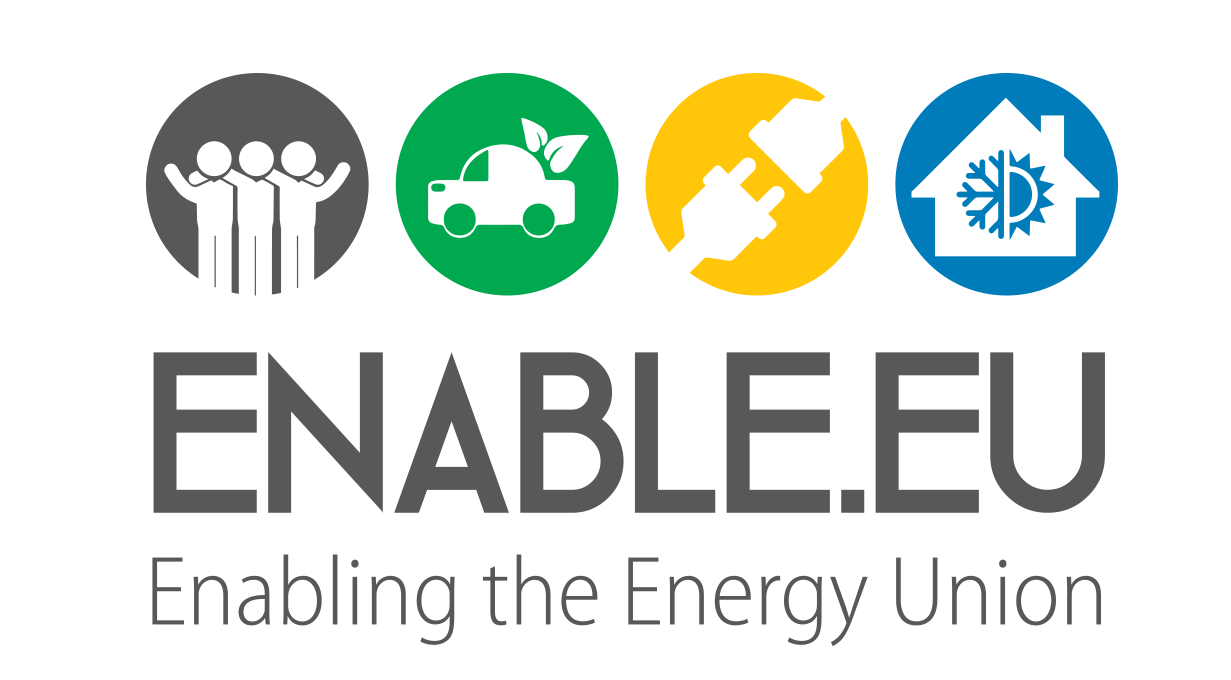In the first half of 2018, the CGSS21 project team conducted two country case studies – “Prosumers” and “Governance Barriers to the Energy Transition in Ukraine”. The respective country reports have been prepared, reviewed, updated and submitted.

The prosumer case study looked at 18 private household prosumers from 11 regions of Ukraine, covering the main part of the territory in the west, east, center and south (except for occupied Crimea and Donbass). Active development started only in 2014 after legislative changes, when people with professional backgrounds in renewable energies and work experience in the electricity sector started to install SPPs on their roofs. These pioneers often faced numerous problems and challenges, including a lack of information, the low professional level of the personnel in regional and district electricity supply companies, bureaucratic burdens, and a lack of reliable equipment and successful PV installation experience.
All the prosumers in this study own their own houses and solar power systems, and they all sell excess electricity produced back to the main grid. Many SPPs are owned by women (6 of 18 families underscored this issue), despite the fact that men are overwhelmingly responsible for installed PVs, equipment and relationships with electricity supply companies. The average age of prosumers interviewed was 46 years old. All the respondents are middle class (based on income) and own at least one private house or summer house, one or two cars, and some also have flats in cities. All of them are quite active in terms of social and business issues in their communities. The majority of prosumers interviewed have a high level of education, and most live in families. All the respondents carefully calculated the pros and cons of SPP instalment. The driving forces that convinced them to install PVs were: passive income, money savings, ecological aspects, professional interest, innovation, stability and security of supply.
*******************
In the case study “Governance Barriers to Energy Transition in Ukraine”, 15 in-depth interviews were conducted with people from different regions of Ukraine, governmental institutions, businesses, professional associations, and public experts.
The case study found that Ukraine belongs to the associated partners of the European Union and is a signatory of the Energy Community Treaty. Because of this, Ukraine started a major transformation process in 2014, following the path towards low-carbon energy. Being two or three times more energy-intensive in certain sectors compared to the European average, Ukraine has already managed to achieve significant progress in reducing natural gas and electricity consumption. To continue this transformation, Ukraine should persist with the deoligarchisation of the economic and political spheres, promote energy efficiency and enhance cooperation with the EU in research and innovation.
